A wave of change is upon the Bermuda Institute of Ocean Sciences (BIOS). After an extensive six-month international search BIOS is pleased to announce that Dr. William Curry will be stepping in as the new BIOS President and Director in September.
BIOS Hosts Gala Event on November 9th
October 27, 2012
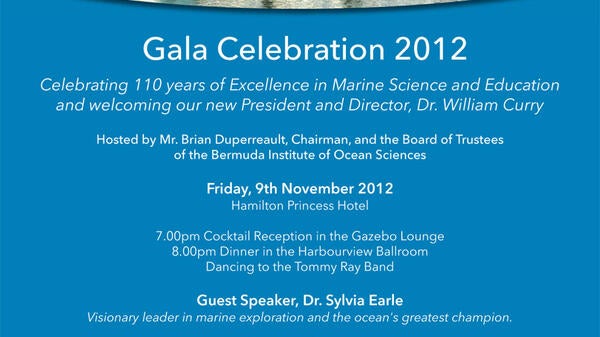
With the start of its 110-year anniversary just a few months away, and the recent installation of Dr. William Curry as the new President and Director, the Bermuda Institute of Ocean Sciences (BIOS) has more than one reason to celebrate. Given the coincident timing of these two momentous occasions, BIOS is pulling out all the stops for its 2012 Gala Celebration on Friday, November 9 at the Fairmont Hamilton Princess hotel.
Scientists Convene at BIOS for Time-Series Workshop
October 27, 2012

From November 28-30, 2012 BIOS will host the international ocean time-series workshop, Moving Toward Global Interoperability in a Changing Ocean: An International Time-Series Methods Workshop. The workshop is jointly convened by the International Ocean Carbon Coordination Project (IOCCP) and the Ocean Carbon & Biogeochemistry (OCB) Program and aims to develop more consistent and transparent time-series methodologies.
First Publication from SCOR Working Group, Chaired by BIOS Faculty
October 27, 2012
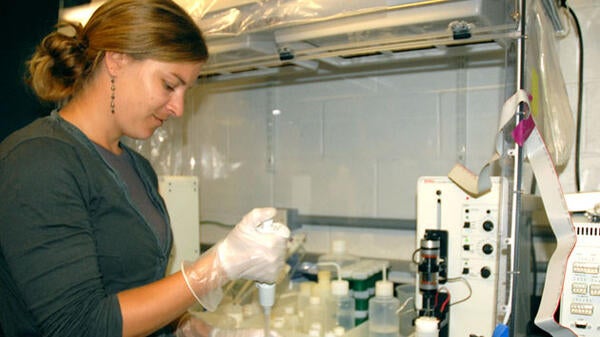
The June 2012 issue of Eos featured the first report of the newly formed Scientific Committee on Oceanic Research (SCOR) Working Group (WG) 139. The group, chaired by BIOS scientist Dr. Kristen Buck, represents a unique interdisciplinary collaboration of trace metal biogeochemists, organic geochemists, and biogeochemical modelers.
Is Copper to Blame for Fish Declines in San Francisco Bay?
October 27, 2012
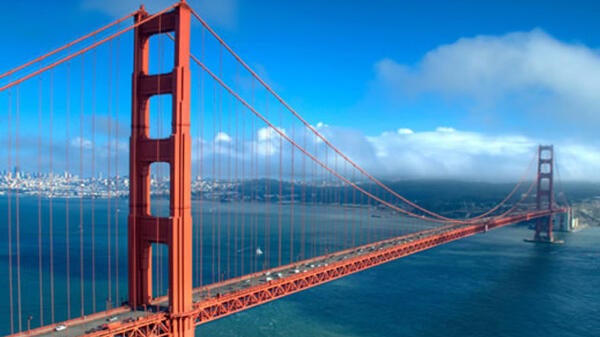
Residents of the San Francisco Bay region have long suspected that its waters might be contaminated with copper, particularly when the native fish populations in the north bay began declining two decades ago. Such declines can typically be attributed to changes in water temperature; however – in this case – such changes weren’t observed, leading some to believe that copper toxicity might be to blame. Adding to their suspicions is the fact that copper levels in the waters periodically exceed the U.S. EPA water quality guidelines.
Local Maritime and Shipping Professional Honored for Decades of Volunteer Commitment to BIOS
July 29, 2020
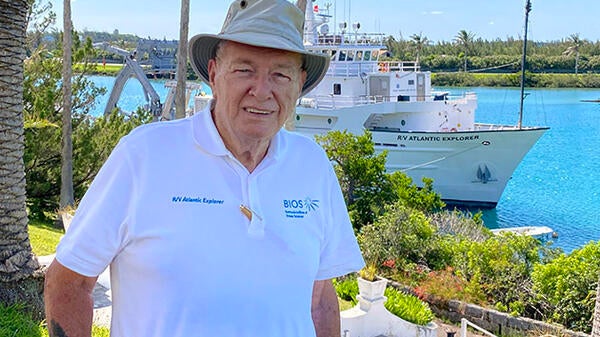
Earlier this year, the BIOS Board of Trustees unanimously voted to award Captain John Moore with the Richard Gorham Award for “his long and valued support and extraordinary service to BIOS.”
The Science Behind Successful Sailboat Racing
July 29, 2020
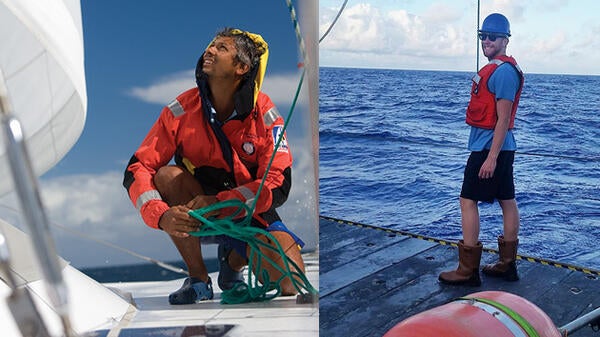
After the successful inaugural episode of Ocean Diaries—a virtual education program and collaboration that aired as a Facebook Live event on the Bermuda Aquarium, Museum, and Zoo (BAMZ) Facebook page last month to over 2,000 views—the team of educators at BAMZ, the Bermuda Zoological Society (BZS), BIOS, and the Bermuda Underwater Exploration Institute (BUEI) quickly remobilized to begin working on episode 2.
Bermuda Program Student Completes Joint Internship with BIOS and the Bermuda Weather Service
July 29, 2020
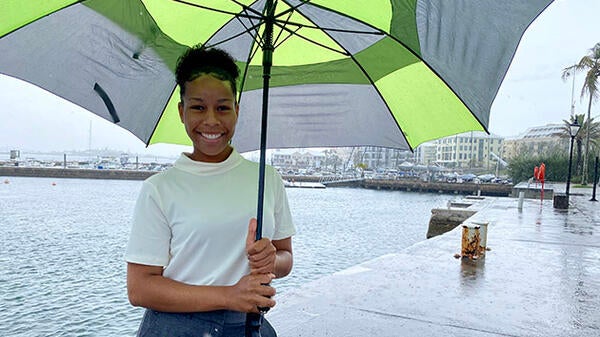
While the COVID-19 pandemic disrupted summer internship plans for many university students, Amber Wolffe, an undergraduate student in meteorology and mathematics at Metropolitan State University in Denver (Colorado, USA), overcame these challenges to complete an eight-week Bermuda Program internship with the Bermuda Weather Service (BWS, a section of the Bermuda Airport Authority). Since 1976, the BIOS Bermuda Program has selected a handful of budding scientists each year to receive paid fellowships that allow them to work on specific projects of interest alongside BIOS scientists in both field and laboratory settings.
Small but Mighty…and Seasonal!
July 29, 2020
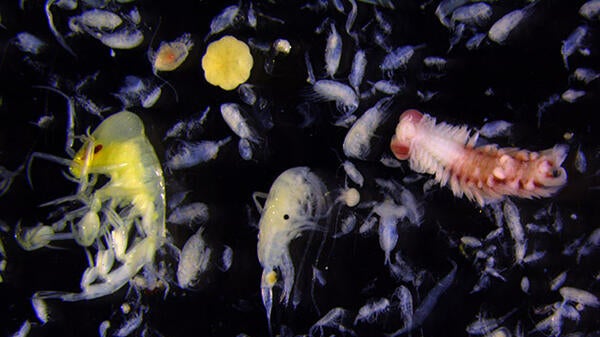
Earlier this year, BIOS associate scientist and zooplankton ecologist Leocadio Blanco-Bercial published a paper in the scientific journal Frontiers in Marine Science that sheds light on zooplankton communities in the Sargasso Sea, where zooplankton diversity is among the highest in the world’s ocean.
Hurricane Wind Speed Can Predict Economic Losses
October 27, 2012
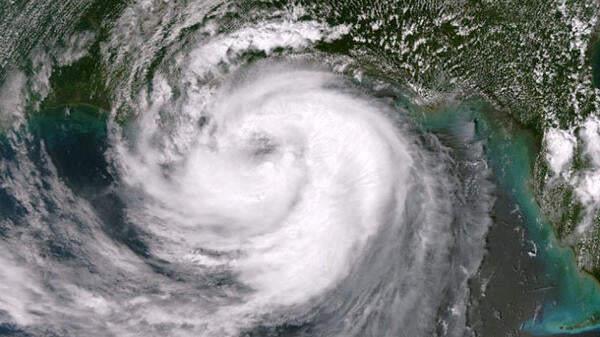
Every hurricane season, from June 1 through November 30, we’re reminded that hurricanes are a force to be reckoned with, particularly when they make landfall in densely populated areas like Bermuda. In the wake of such a storm, local governments, businesses, homeowners and—of course—insurance companies are left trying to assess the damage and assign a final price tag to recovery and rebuilding efforts. Rick Murnane, Risk Prediction Initiative (RPI) Project Manager and Senior Research Scientist at the Bermuda Institute of Ocean Sciences (BIOS), recently published a study in the journal Geophysical Research Letters that may serve as an important tool in streamlining these efforts.